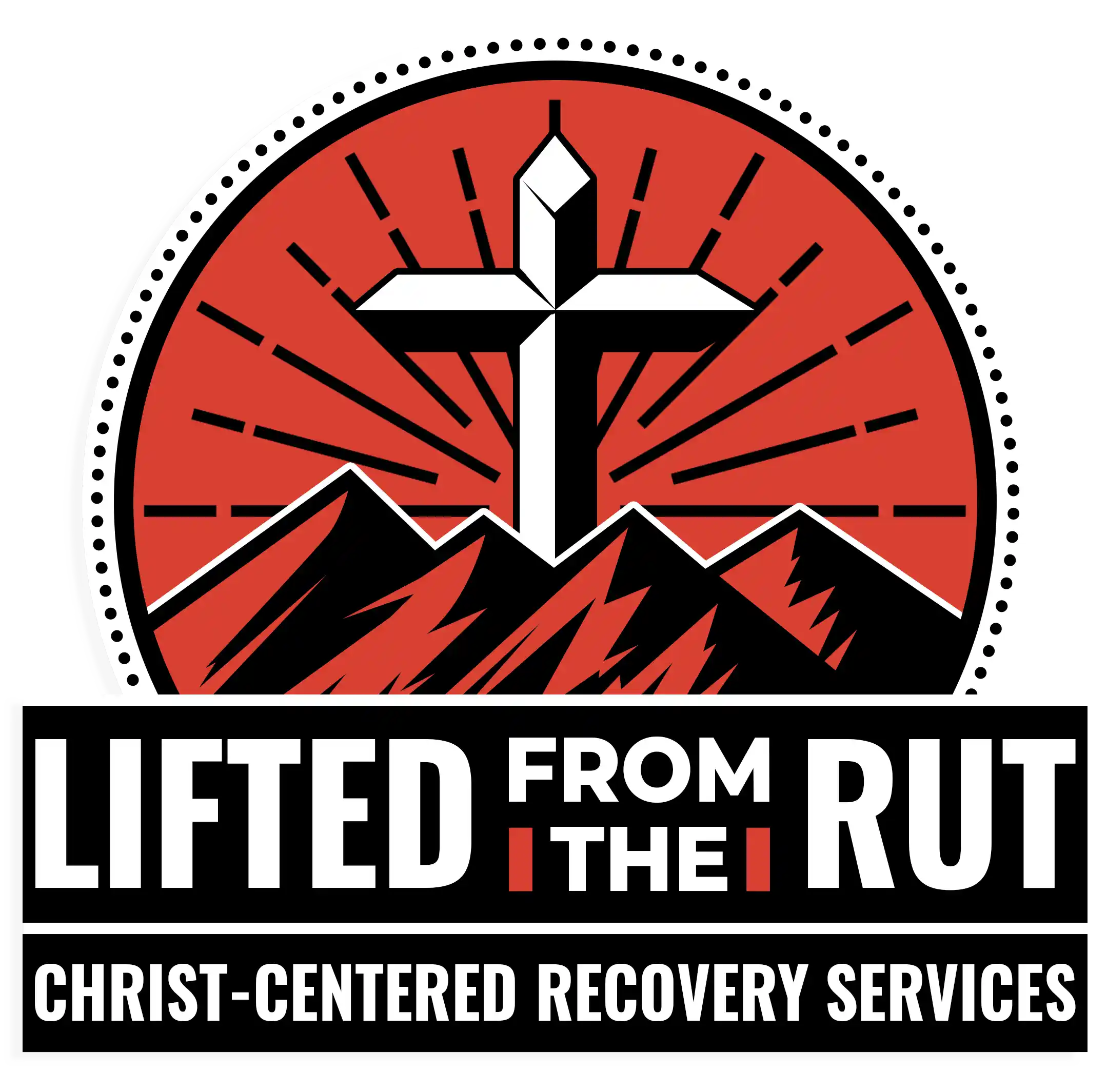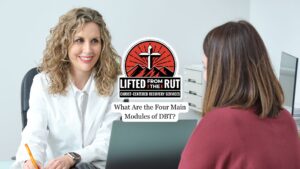Recovery is more than breaking harmful patterns, it’s a journey that often stirs deep guilt and shame. These emotions can stand in the way of true healing. In the following sections, we will explore how faith addresses these struggles by offering forgiveness and renewed worth, practical spiritual tools, the power of supportive communities, and steps to move beyond the past into lasting hope.
Understanding Guilt and Shame in Recovery
Guilt and shame, though often spoken of together, affect the mind and spirit in distinct ways. Guilt arises from recognizing the harm caused by past actions. It can be painful, but when handled constructively, it prompts responsibility and change. Shame, on the other hand, runs deeper. It convinces individuals that their mistakes define who they are, leading to feelings of worthlessness.
In recovery, these emotions frequently intensify. Memories of hurting others, betraying trust, or failing personal standards often resurface. Left unaddressed, guilt may weigh heavily, but shame corrodes self-respect, making it harder to believe lasting change is even possible.
How Faith Heals Emotional Wounds
Faith speaks directly to the deepest emotional wounds, the fear of being forever defined by mistakes, the ache of self-condemnation, and the dread of never being fully accepted. Spiritual teachings emphasize a forgiveness that goes beyond human limitation, one that releases guilt and silences shame’s persistent accusations.
By trusting in a higher power’s compassion, many find the courage to stop measuring themselves solely by past failures. This assurance of being loved and valued beyond shortcomings soothes the heart, lifts burdens of unworthiness, and shifts recovery from mere damage control to a journey of authentic renewal, grounded in grace.
Our Christian-centered outpatient programs in Littleton, Colorado, build on these same truths. By blending biblical guidance with proven clinical therapies, we help you release guilt, restore hope, and step into your God-given purpose.
Spiritual Practices That Foster Self-Forgiveness
Letting go of guilt and shame isn’t only about believing in forgiveness; it requires practices that embed these truths deeply in the heart. Faith traditions offer several time-tested ways to internalize compassion and grace.
Prayer
Prayer creates space to openly confess regrets and express hopes without fear of rejection. It invites a personal connection that reassures you are heard and loved, even in moments of deep remorse.
Meditation
Meditation helps quiet relentless thoughts that fuel guilt and shame. By focusing on spiritual truths or simple stillness, it trains the mind to release harsh self-judgment and embrace peace.
Studying Sacred Writings
Reading scripture or other spiritual texts reinforces messages of forgiveness, worth, and renewal. These writings anchor the heart in promises of a future not limited by the past.
Together, these practices build a resilient mindset that gradually lets go of old burdens, replacing self-condemnation with acceptance and peace.
Building a Supportive Faith Community
A strong faith community surrounds individuals with encouragement, accountability, and shared wisdom that make the burdens of guilt and shame easier to carry. Connecting with people who hold similar spiritual values breaks the isolation where shame often thrives, replacing secrecy with openness and mutual understanding.
Hearing stories of how others have moved beyond their own guilt through faith can inspire fresh courage. This kind of mutual support fosters a deep sense of belonging, helping to anchor recovery in hope instead of regret.

Embracing Your Worth Beyond Past Mistakes
One of the most profound gifts of faith is the recognition that every person has inherent worth. This worth does not vanish because of poor choices or painful histories. Recovery, through a spiritual lens, involves learning to see yourself as more than the sum of past failures and to accept that your life holds purpose and value.
Embracing this truth rebuilds self-respect, empowering healthier choices and relationships. It transforms recovery from merely avoiding old patterns to actively stepping into a new identity shaped by grace and forgiveness.
Practical Steps to Overcome Guilt and Shame
Moving past guilt and shame through faith calls for deliberate, compassionate action. Here are practical steps that many find helpful in grounding spiritual healing into everyday life:
- Acknowledge past wrongs openly in prayer or reflection, inviting honesty and release instead of secrecy.
- Engage regularly in spiritual practices, such as prayer, meditation, or studying faith-based teachings, to reinforce forgiveness and hope.
- Seek guidance from spiritual mentors or trusted faith leaders, who can provide perspective and support tailored to your journey.
- Make amends where possible and safe, addressing past harm with humility and courage.
- Stay connected to a faith community, drawing strength from shared belief and mutual encouragement.
Each of these steps works to dismantle the strongholds of guilt and shame, making space for peace and renewed purpose.
Growing in Resilience and Hope
As guilt and shame lose their grip, faith nurtures a resilience that carries individuals through future challenges. Recovery becomes more than avoiding relapse, it transforms into a hopeful journey marked by emotional and spiritual strength. Trust in a higher purpose helps navigate setbacks without falling into old narratives of failure.
This steady foundation of faith not only supports sobriety or change but also fosters a lasting sense of peace and joy that reaches far beyond what was lost.
Final Thoughts from LFTR Christ-Centered Rehab Services
Overcoming guilt and shame in recovery takes more than willpower, as it requires deep healing that restores worth and hope.
At LFTR Christ-Centered Rehab Services our team of addiction professionals provides Christian-centered outpatient programs that blend faith-based counseling, scripture study, and proven therapies. We help individuals break free from emotional burdens, rebuild their lives, and discover their God-given purpose.





